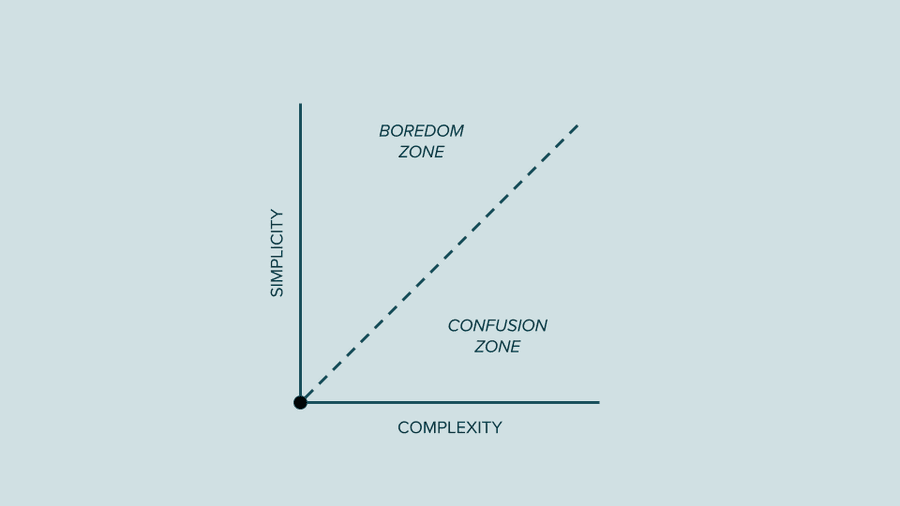Explore the World's Best Ideas
Join today and uncover 100+ curated journeys from 50+ topics. Unlock access to our mobile app with extensive features.
Why simplicity?
Simple thinking can lead to safer plans, better communication, and easier execution. The power of simplicity is apparent throughout history, where strategists and artists alike strived for simplicity. Let's look at a few examples!
101
806 reads
Keep It Simple, Stupid (KISS)
Allegedly coined by aircraft engineer Kelly Johnson, the KISS principle makes simplicity a key goal in design by stating that most systems work best if they are kept simple.
One day, Kelly Johnson handed his team of design engineers a handful of tools, with the challenge that the jet aircraft they were designing must be repairable by an average mechanic in the field under combat conditions, only using these tools—forcing them to keep the design stupidly simple.
94
447 reads
Less is more.
Famous architect Ludwig Mies van der Rohe, who is considered one of the pioneers of modernist architecture, always kept repeating this aphorism to whoever would hear him: less is more.
His approach was to arrange the necessary components of a building to create an impression of extreme simplicity, sometimes repurposing some elements so they would serve several purposes.
89
424 reads
Simplify, then add lightness.
One of the leaders of the minimalist movements, Colin Chapman, the founder of Lotus Cars, urged his designers to “Simplify, then add lightness.” Designer of the world’s first ever stressed monocoque racing car, built with an entire chassis in aluminium sheet, Colin Chapman strived to use as few parts as possible in his cars.
Today, many product designers still use the magic of subtraction to innovate.
83
364 reads
The power of simplicity in literature.
When trying to solve a crime, Sherlock Holmes, the most famous fictional detective believes that “the simplest explanation is often the most plausible.”
The French writer and poet, Antoine de Saint Exupéry, also wrote: “It seems that perfection is reached not when there is nothing left to add, but when there is nothing left to take away.”
103
364 reads
Complexity is a moving target.
In Living with Complexity , Professor Donald Arthur Norman wrote: “When things are too simple, they are also viewed as dull and uneventful. Psychologists have demonstrated that people prefer a middle level of complexity: too simple and we are bored, too complex and we are confused."
"Moreover, the ideal level of complexity is a moving target, because the more expert we become at any subject, the more complexity we prefer.”
91
413 reads
IDEAS CURATED BY
Digital marketing at dentsu. Invested in the symbiosis of marketing, psychology, and design. Photographer at heart.
Pranav P.'s ideas are part of this journey:
Learn more about psychology with this collection
How to overcome fear of rejection
How to embrace vulnerability
Why vulnerability is important for personal growth
Related collections
Similar ideas
6 ideas
4 ideas
4 ideas
Read & Learn
20x Faster
without
deepstash
with
deepstash
with
deepstash
Personalized microlearning
—
100+ Learning Journeys
—
Access to 200,000+ ideas
—
Access to the mobile app
—
Unlimited idea saving
—
—
Unlimited history
—
—
Unlimited listening to ideas
—
—
Downloading & offline access
—
—
Supercharge your mind with one idea per day
Enter your email and spend 1 minute every day to learn something new.
I agree to receive email updates






